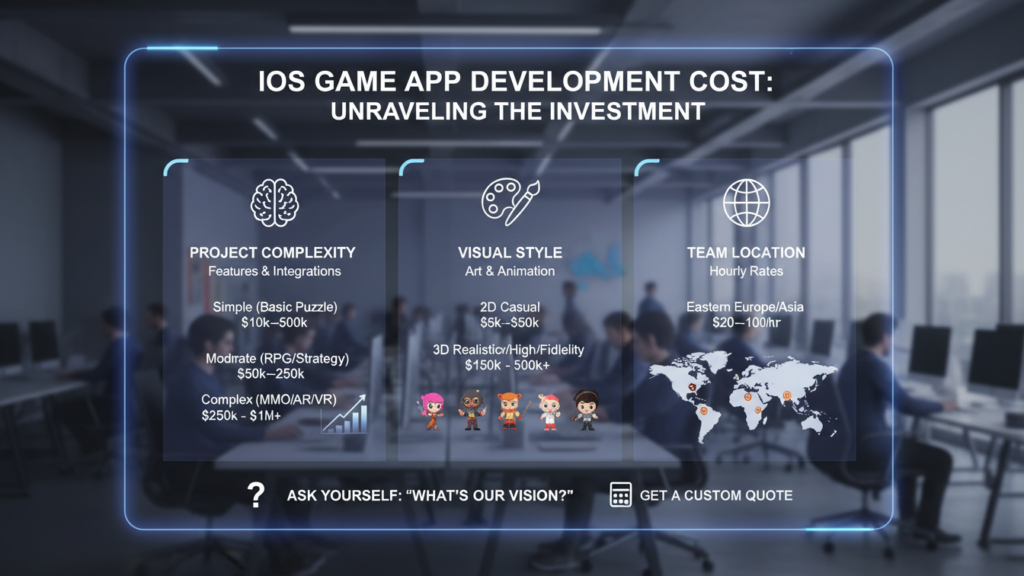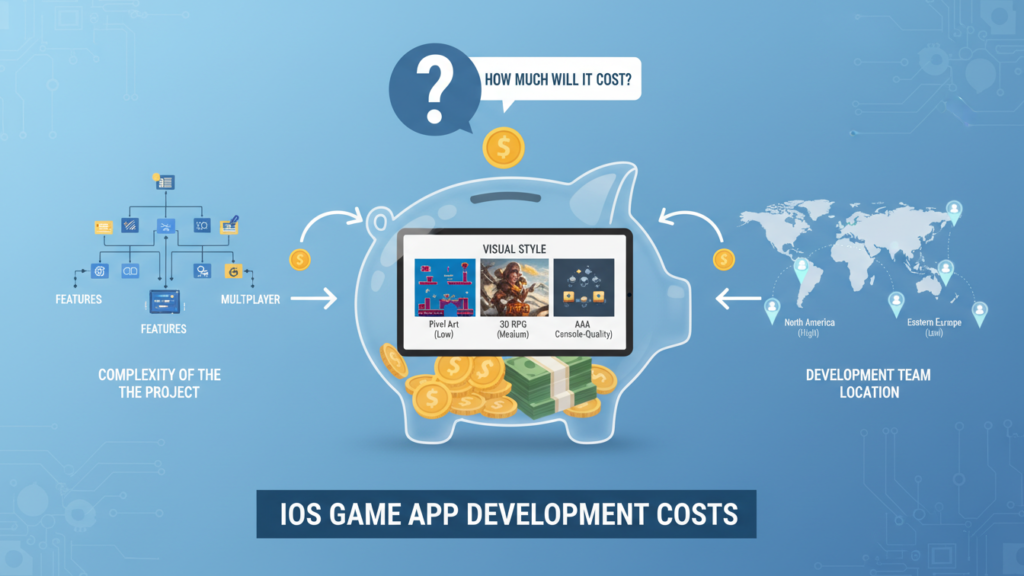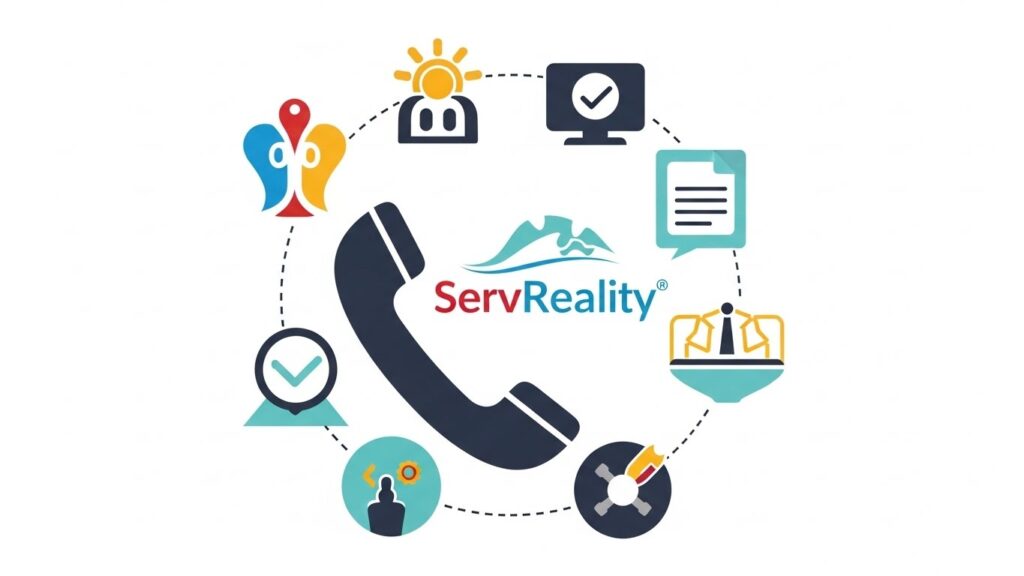Are you an aspiring iPad app developer looking to break into this exciting industry? Or perhaps you’re a seasoned professional seeking to stay up-to-date on the latest innovations and challenges in the field. Whatever your goals, this article has something for you.

The Rise of iPad App Development
First, let’s take a step back and consider why iPad app development is such an exciting area to explore. With the widespread adoption of iPads, there has never been a better time for developers to create innovative and engaging apps that leverage the unique capabilities of this powerful device.
But what exactly does it mean to be an iPad app developer? To answer this question, we first need to understand the different types of apps that can be developed for the iPad. These include:
- Native apps: These are apps that are specifically designed for the iPad and are built using Objective-C or Swift programming languages. They have access to all of the device’s features and can provide a seamless user experience.
- Web apps: These are web-based applications that run within the browser on the iPad. They are built using HTML, CSS, and JavaScript and can be accessed from any web page.
- Hybrid apps: These are a combination of native and web apps that use a framework like React Native or Xamarin to build the app. They offer the best of both worlds – access to all of the device’s features, with the ability to share code between platforms.
The Benefits of iPad App Development
Now that we have a better understanding of the different types of apps that can be developed for the iPad, let’s take a look at some of the key benefits of this exciting field:
- Large user base: With millions of iPads in use around the world, there is a massive potential audience for iPad apps.
- High engagement: iPad apps are known for their high engagement rates, as users tend to spend more time interacting with apps on this device than on other types of devices.
- Monetization opportunities: iPad apps can be monetized through a variety of methods, including in-app purchases, subscriptions, and advertising.
- Flexibility: iPad app development offers developers the flexibility to create apps for a wide range of industries and use cases, from gaming and entertainment to education and healthcare.
The Challenges of iPad App Development
While there are many benefits to iPad app development, there are also several challenges that developers must navigate to be successful. These include:
- Fragmentation: There are a wide range of iPad models and operating systems in use, which can make it difficult to create apps that work seamlessly across all devices.
- Limited hardware resources: iPads have less processing power and memory than some other types of devices, which can limit the capabilities of certain apps.
- Competition: With so many iPad apps available, standing out in a crowded market can be challenging. Developers must be able to create innovative and engaging apps that offer a unique value proposition.
- Security concerns: As with all types of apps, iPad apps must be designed with security in mind to protect user data and prevent hacking or other forms of malicious activity.
Real-World Examples of Successful iPad Apps
Now that we have a better understanding of the benefits and challenges of iPad app development, let’s take a look at some real-world examples of successful iPad apps and the key factors that contributed to their success:



